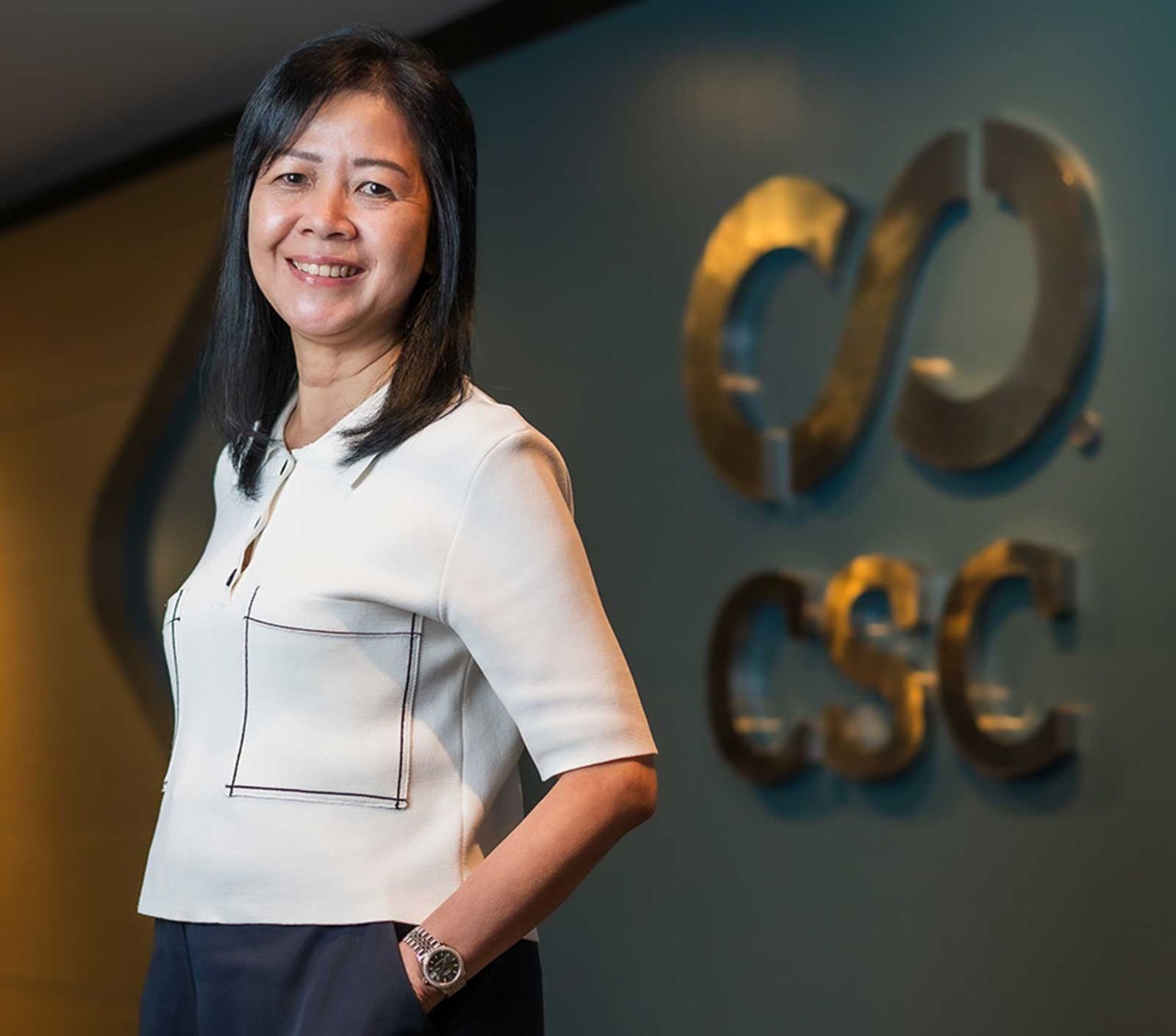
The question of what it means to be an accountant today was the focus of a recent ACCA Singapore roundtable. Participants discussed a range of topics, including how the profession had evolved, and what it will take to keep accountancy relevant and appealing to stakeholders and future generations.
ACCA chief executive Helen Brand took part in the roundtable, while Chiew Chun Wee, ACCA regional lead policy and insights, Asia Pacific, moderated the session, which was attended by industry leaders representing a diverse mix of sectors.
Still needed?
Dr Nadir Zafar, chief experience officer at the Human Capital Leadership Institute, introduced a deliberately thought-provoking statement about whether the accounting professional was needed today.
‘We need to send the message that accountants are not just number crunchers’
Rick Chan FCCA, managing partner at Forvis Mazars, said that when he first became an accountant, the overwhelming view was that the job was an ‘iron rice bowl’, since someone would always be needed to supply numbers for decision-making.
‘I’m not sure that this idea of job security is something that is as relevant today,’ he said. ‘Now, we need to think about how we can send the message that accountants are not just number crunchers, and that we can play an important role in making the world a better place through sustainability, governance and ensuring integrity.’
Wilson Koh FCCA, chair of ACCA Singapore’s Member Network Panel, added that accountants have always been very good at analysing and delivering the data. ‘Now, we need to guide them towards the critical thinking part. What does this data mean to the board and to investors, and how do we use it to tell a story around that?’
This point was supported by Dr Zafar, who said that technology had transformed the profession by moving the accountant away from menial tasks towards more ‘brain work’ like building financially sustainable organisations. ‘That’s the human part that machines can’t do: strategic thinking and bringing in values and judgment,’ he said.
Gen Z and beyond
Turning the discussion to whether future generations had what it takes to step up to the plate, concerns were raised over shorter attention spans and an expectation that answers could be readily obtained from the internet.
‘This lack of a single correct answer can play a part in a student’s reluctance to pursue accountancy’
Dr Prasart Jongjaroenkamol, senior lecturer of accounting at Singapore Management University, shared how his students would sometimes ask: ‘So, what is the right answer?’
‘A lot of times, however, there’s no one right or wrong answer. I have to emphasise that there are many different ways at coming to a solution,’ he said. ‘I think this lack of a single correct answer can play a part in impacting a student’s confidence. I believe we need to shift the perception that everything in accountancy has a definitive answer. Students should build confidence in navigating uncertainty, as this is a critical skill in the profession.’
Ho Kok Yong, partner at Deloitte Singapore, responded that what was needed was to bring attention to the true value of the accountant. ‘People may not really know what accountants are doing; a purpose-driven narrative is very important,’ he said. ‘ACCA, for example, has been pushing sustainability for a very long time and this is something that is now coming up in the market.
‘We need to present accountancy as not a rigid kind of traditional bookkeeping, but something that can appeal to the younger generation who want to do impactful things.’
‘The ethical dimension of the profession will be massively attractive to the new generation’
This sentiment was something that resonated with Jenny Tan, president of ISACA Singapore. ‘Often times what we see as a short attention span among the younger generation is due to the fact they cannot find meaning in what they are being tasked to do,’ she said. ‘However, they do tend to stick to something once they know the purpose behind it. And that’s when they really get behind it.’
Brand shared that this was a key concern for ACCA. ‘How do we inculcate that professional element – the skills element beyond the knowledge element? Because it is things like the ethical dimension of the profession that will be massively attractive to the new generation due to their strong desire for purpose and meaning.’

Future opportunities
Representing the voice of Gen Z at the roundtable was Enelton Satria, a recent graduate and an ACCA Affiliate, who gave an example of how accountants offer a unique perspective. ‘I was in a team tasked to evaluate and assess the risk of AI training and deployment. A diverse team to tackle this multi-faceted issue that is at the nexus of technology, governance and law would be very valuable. As an accountant, I was able to provide from a corporate governance and tech risk perspective.’
‘The first thing we think about is how we can use technology to come up with solutions’
Satria went on to share how his generation no longer desired to be pigeonholed as ‘just’ accountants. ‘From school, we are exposed to a more multi-disciplinary way of doing things, so on top of core accounting subjects, we get to study other subjects like programming and data analytics.
‘When we see a problem, the first thing we think about is how we can use technology to come up with solutions – to improve the current system so that we can do less to achieve the same result. This is how we see accounting and technology blending together. There are a lot of synergies, but I think we can do more.’
Tell the story
By the end of the roundtable, the consensus was clear. The core skills of an accountant, such as interpreting data and playing the role of an ethical watchdog, were still very much relevant across all sectors today. What needed to be done moving forward was to focus on bringing up the accountant’s true value – and how they can contribute towards important matters such as sustainability.
‘We have a very good story to tell; we should be very proud about what accounting professionals have done,’ Brand concluded. ‘But now it’s up to us to bring that story to life and to make it relatable to the public and future generations.’



